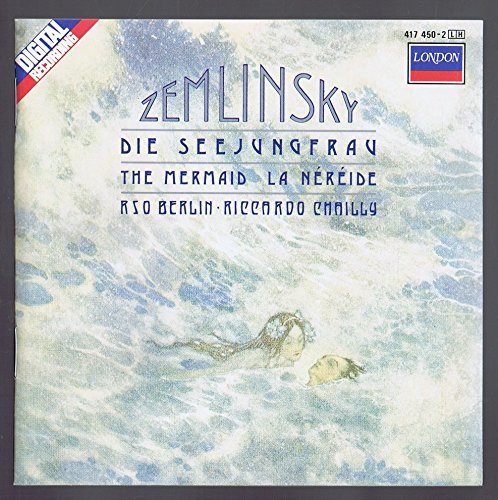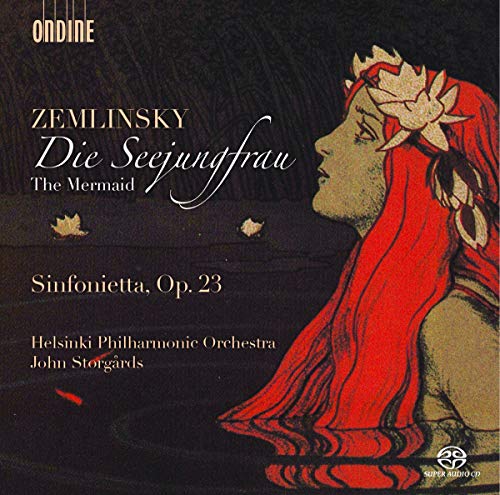Shakespeare Theatre hunts down rarely performed "Wild Duck"
 (L to R) Alexander Hurt (Gregers Werle) and Nick Westrate (Hjalmar Ekdal) in Ibsen's The Wild Duck at Shakespeare Theatre.
(L to R) Alexander Hurt (Gregers Werle) and Nick Westrate (Hjalmar Ekdal) in Ibsen's The Wild Duck at Shakespeare Theatre.Photo: Gerry Goodstein
When a production of Henrik Ibsen's dark play The Wild Duck comes to a theater near you, you should go see it. Ibsen mined some of the complex relationships of his own family to explore the concept of the "life-lie," as it is described in the play. These personal illusions, which make life bearable for the people who hold them, are torn away repeatedly due to the self-righteous interference of a vengeful character named Gregers Werle. Shakespeare Theatre Company's production, directed by artistic director Simon Godwin and seen earlier this fall at Brooklyn's Theatre for a New Audience, made for a compelling evening in the theater at a viewing on Wednesday evening at the Klein Theatre. Fair warning: as the regular groans and sounds of outrage from the audience witnessed, this play, as adapted by David Eldridge, is not for the faint of heart.
The family at the heart of the play, the Ekdals, has a number of skeletons in the closet. Old Ekdal, played with eccentric mannerisms by David Patrick Kelly, was cheated by his former business partner, Håkon Werle, the head of a prosperous family among whom Ekdal's son, Hjalmar Ekdal, was raised. To expiate his sense of guilt, Håkon has given Old Ekdal a regular pension and supported Hjalmar financially so that he could start a career as a photographer and marry and have a family. He has even put a potential wife in Hjalmar's path, his one-time maid Gina, but to cover up his own indiscetion instead of being solely for Hjalmar's good. Håkon's son, Gregers, who has long resented his father and is now determined to rip away Håkon's pious falsehoods, destroys the lives of everyone in the process.
Alexander Hurt brought a steady, almost maniacally calm pacing to the disruptive character of Gregers, whose case of "virtue-fever," as one translation put it, drives him to all of his misguided honesty. (The cadence of Hurt's voice and his still stage presence did bring to mind at times the acting style of his famous father, William Hurt, a connection that is not mentioned in the program.) Nick Westrate's Hjalmar, a bundle of enthusiasm and self-delusion, impressed more than his Victor Frankenstein last season, while Melanie Field brought the same sort of long-suffering steadfastness to his wife, Gina, as she did with Sonya in Uncle Vanya. Robert Stanton made a tall, quite insufferable Håkon, realizing him as a man who cannot accept that his attempts to make things right, without really accepting fault, convince no one around him.
Maaike Laanstra-Corn gave Hedvig, Hjalmar and Gina's daughter, a convincing teenage awkwardness, although her emotional excesses in the play's tragic ending rang false at times. The versatile Matthew Saldivar proved an exemplary foil to the wrong-headed Gregers as Relling, the doctor who befriends Hjalmar and tries to see him through these troubles, while Mahira Kakkar's Mrs. Sørby (the housekeeper who will marry her employer) and Katie Broad's Petterson filled out the Werle household with self-serving smugness.
The scenic design (Andrew Boyce) and costumes (Heather C. Freedman) anchor the action in the play's original late 19th century of candles and oil lamps. An interesting aspect of Eldridge's adaptation is the character of Jensen, the hired waiter at the (truncated) opening dinner scene at the Werle household: Alexander Sovronsky, music director of the production, plays him as a violist who then strolls in and out between scenes to link the play together with musical excerpts, including pieces by Norwegian violinist Ole Bull, for atmospheric effect.
The Wild Duck runs through November 16. shakespearetheatre.org





























































